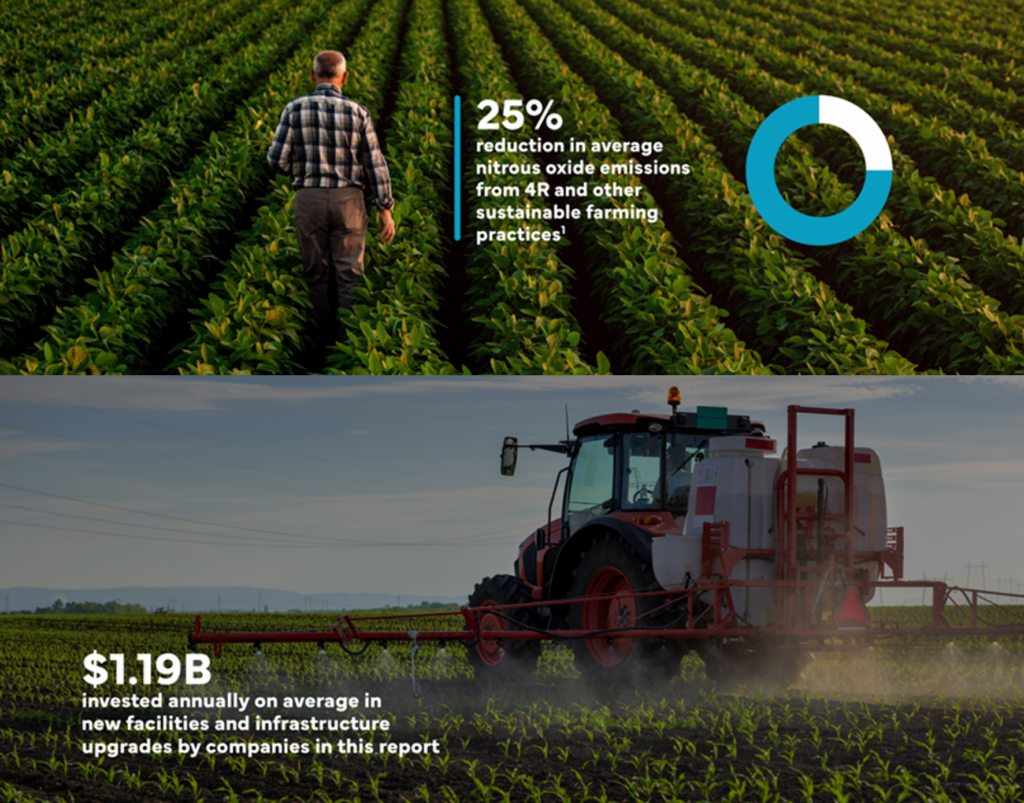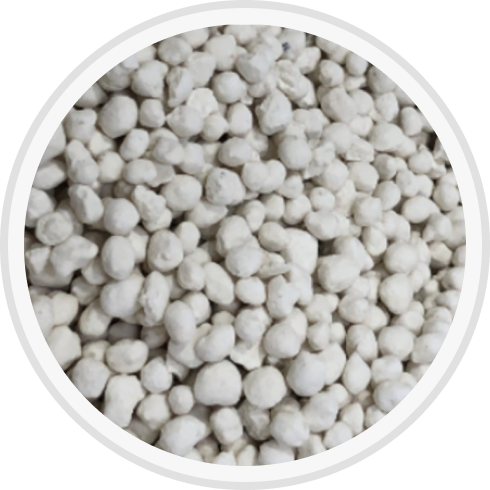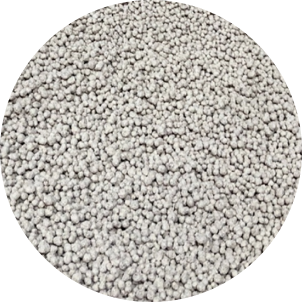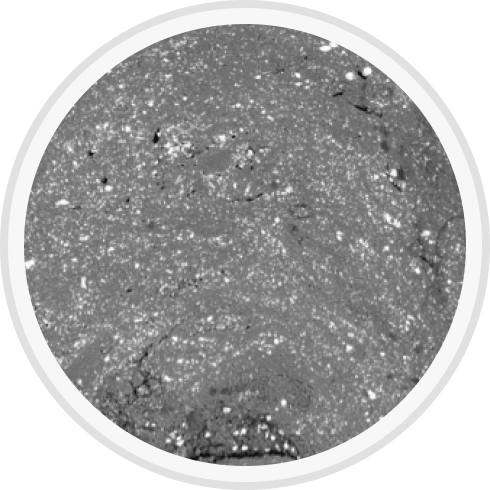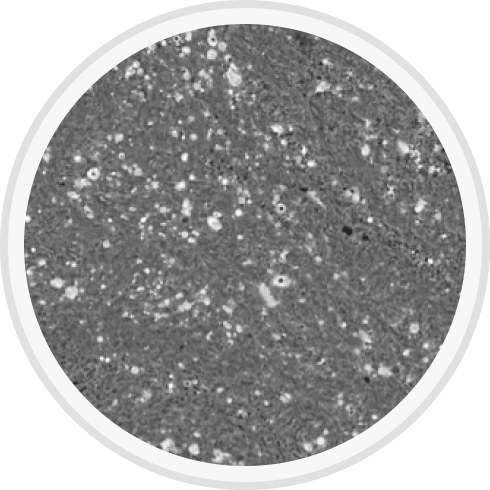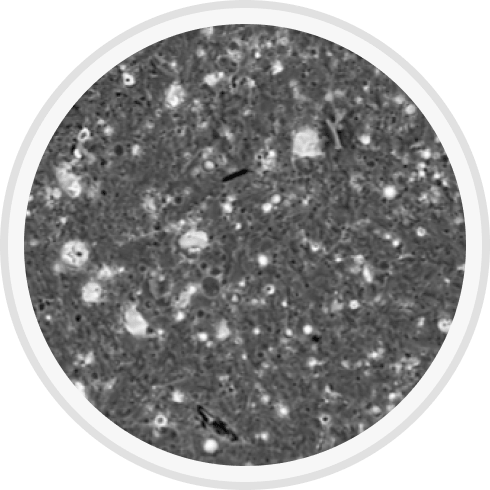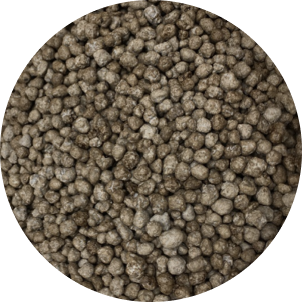The fertilizer industry is working to achieve continuous improvement on environmental, economic, and social outcomes as seen in The Fertilizer Institute’s Fertilizer Industry Sustainability Report which represents 92% of the nitrogen, phosphate, and potash production capacity and 33% of the retail sector in the United States.
From 2019 through 2021, companies in this report invested an average of $1.19 billion annually in capital investments to help the industry meet sustainability goals. These investments increase production efficiencies, reduce energy and water use, reduce greenhouse gas emissions, and strengthen the U.S. economy to meet current and future agricultural needs.
This report found that acres managed using the 4R framework and incorporate practices that use the right fertilizer source at the right rate, at the right time, and in the right place were able to achieve a 25% reduction in nitrous oxide emissions. When the 4Rs are put into practice, growers can achieve higher yields, lower input costs, and build soil health, while reducing nutrient losses and any associated emissions.
Both our Micronized Sulfur Technology (MST®) and Carbon Control Technology (CCT™) platforms are designed to reduce GHG emissions and follow the 4R framework by improving fertilizer Nutrient Use Efficiency to significantly reduce the risk of nutrient losses. MST® products provide a source of elemental sulfur that slowly releases at the right time to match crop nutrient uptake. CCT™ products being developed offer enhanced efficiency of nitrogen and other nutrients within its carbon structure with added environmental benefits from upcycling waste streams that contribute to a circular economy and solve sustainability challenges faced by a variety of industries created by their waste biomass and by-product streams.
Read the full Fertilizer Industry Sustainability Report here: https://lnkd.in/eU_Sedv
